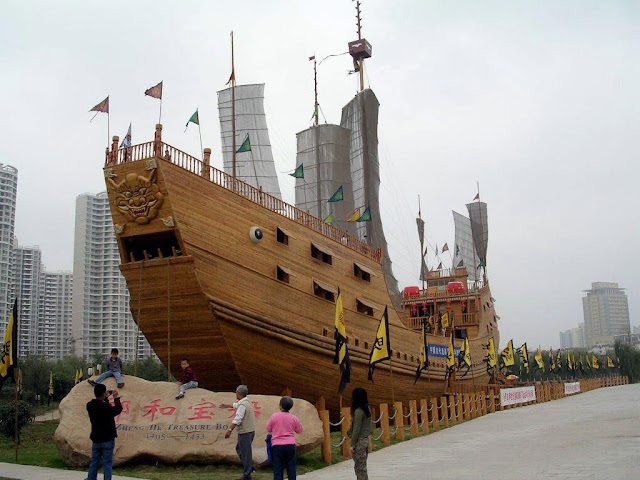Rand Simberg: “When you have a congressman congratulating the NASA administrator saying, “We’re glad that you made safety the number one priority for that mission.” What he’s really saying is, “everything else is number two, its a lower priority”…actually doing the mission is a lower priority than making sure its safe. Safety becomes such a high priority that we’d rather not fly – “because we don’t want to risk an astronaut.” There’s something fundamentally wrong with that. What it says is that, “Space isn’t important. Actually doing things in space is not that important.” If you agree to that, then agree to it and make sure, make it very explicit, that’s what you’re saying.”
“One thing we have to recognize: people have different risk tolerances. There’s some people who are willing to risk more, for whatever their perceived reward is, and, we have to let them do that. The least safe way to get to 29,000 feet is to walk there. You know, about 10 percent of the people who climb Everest, don’t come back. But we’re not telling them they can’t do it. When we come up with these numbers, “loss of crew, 1 in 2,000…” that’s completely an arbitrary number. There’s no rational basis for it. And particularly for a vehicle that’s going to fly as seldom as Ares One did, what they are saying is, “we want a guarantee that we’re never going to lose crew.” Well, if you want to do that just do go into space. Its a tough frontier…its nutty to think we’re going to open it up without loosing people.“
“Every one of the FAA regulations was written in blood – they learned by flying – and, we have to do the same thing in space. And we have to recognize that.”











